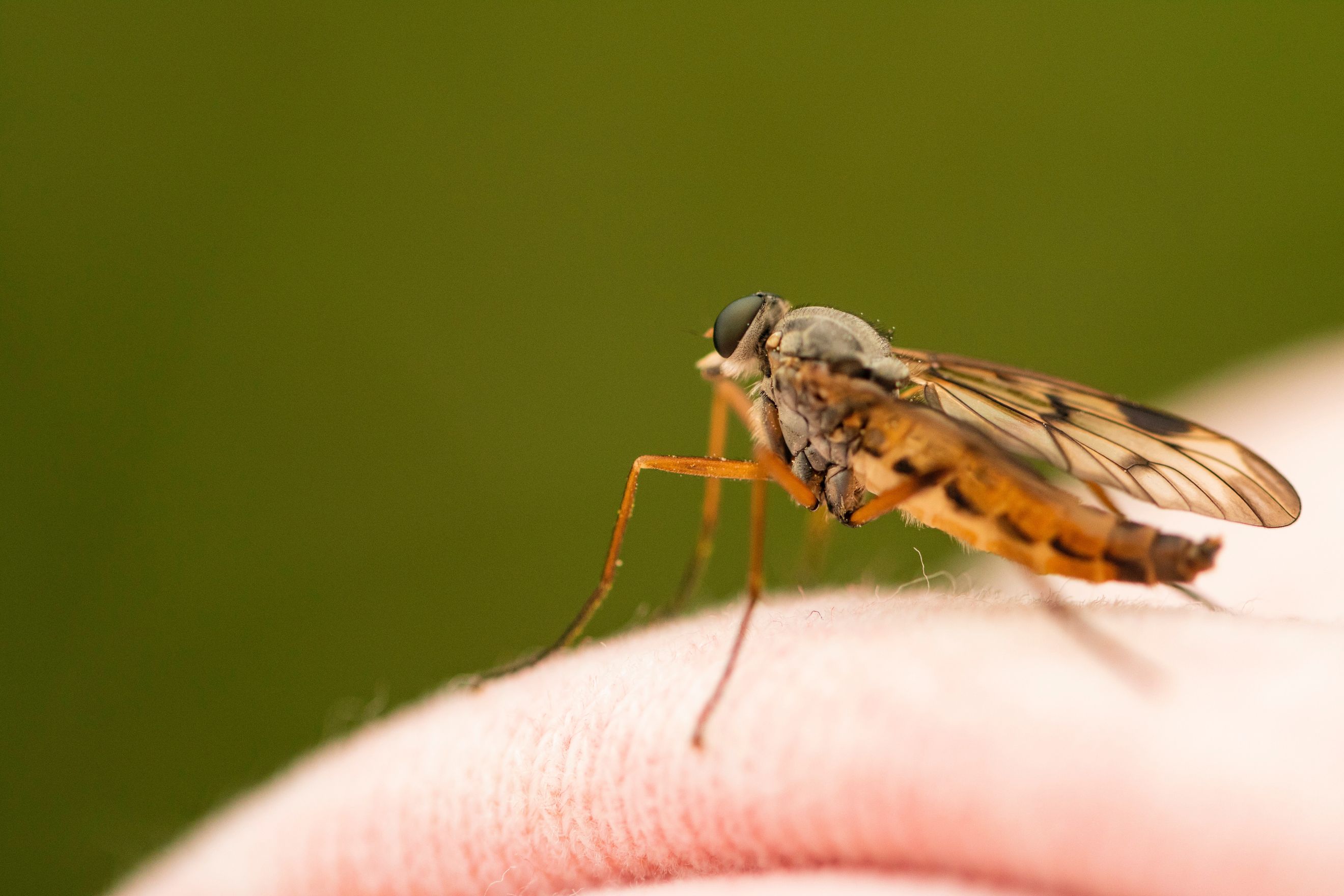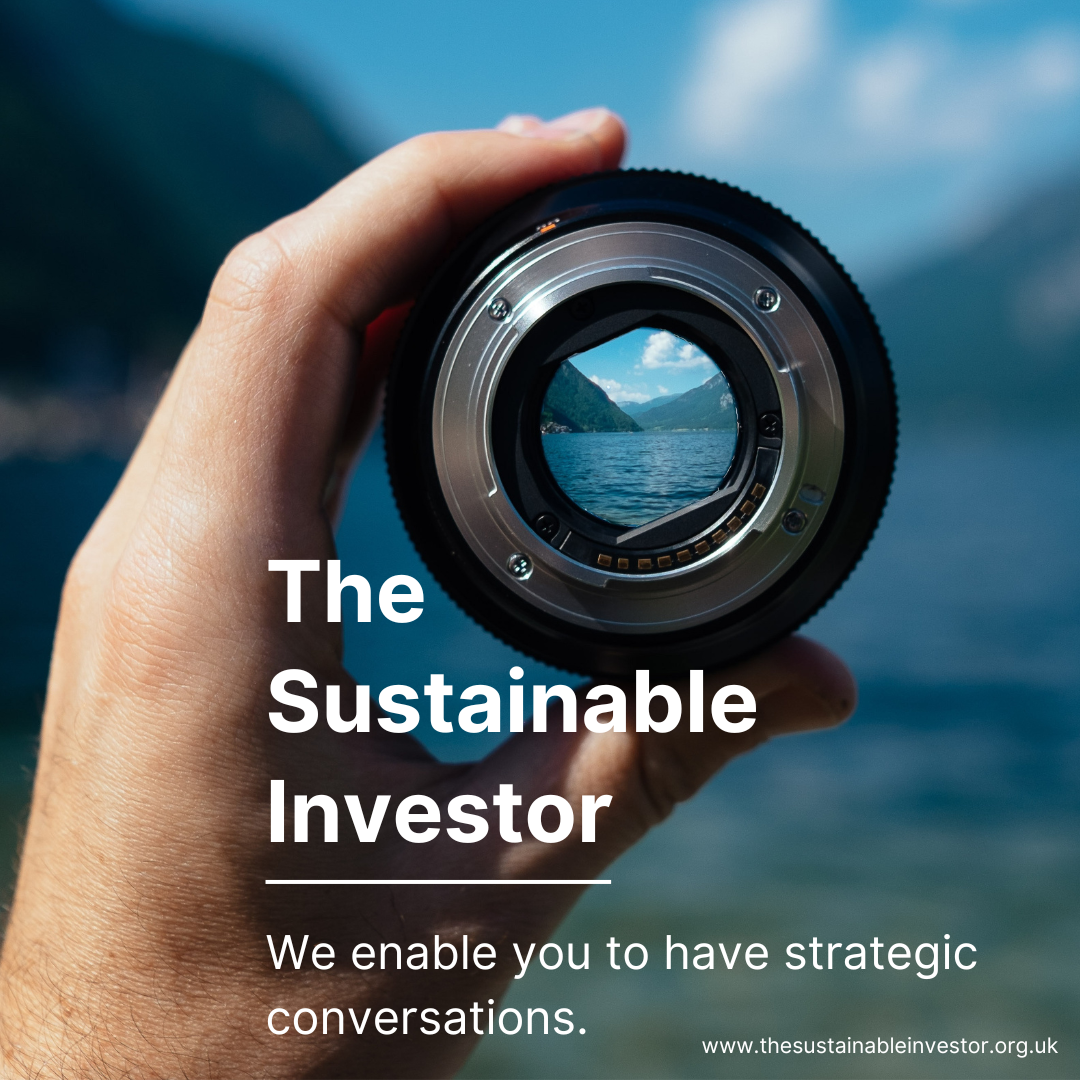
Tropical diseases beyond the Tropics
Climate change is changing habitats and bringing new threats.
Summary: Native cases of dengue have been found in several French regions including Provence-Alpes-Cote d’Azur and Occitanie. There have been over 570 cases of West Nile Virus in Europe this year. It is believed that climate change is creating new habitats for mosquitoes
Why this is important: Increased incidents of disease, in humans, animals and plants, are not going to just take place in economies around the equator. Previously “hot climate” diseases will now needed to be factored into risk assessments for projects and investments in previously “cooler climate” regions.
The big theme: Climate change is a macro risk that has longer-term impacts on investments. Geographically specific risks will move from the periphery to the core impacting markets, resource usage and well-being in regions where those risks would have been historically negligible. Lessons learned from the recent COVID-19 pandemic could be leveraged to reduce those risks.

The details
Native cases of dengue have been found in several French regions including Provence-Alpes-Cote d’Azur and Occitanie. Whilst there are a number of imported cases every year (brought back by people who have travelled to at-risk countries), local dengue transmission (where someone is bitten by a mosquito having not travelled to an at-risk country) has risen markedly. Since 2010 annual cases of local dengue transmission have averaged 12 per year, but there have been nearly 40 since July 2022.
It is believed that climate change is creating new habitats for mosquitoes such as Aedes albopictus and Aedes aegypti which are a vector for flaviviruses such as dengue, yellow fever and Zika.
There have been over 570 cases of West Nile Virus in Europe this year, most of which have been in Veneto whose lowlands are proving to be an ideal habitat for the Culex mosquito, which carries the West Nile Virus.
Why this is important
Obviously, this is an interesting story in its own right. But it also suggests some useful lines of thought for us as investors. First thought - we need to expand how we think about the potential longer-term impacts on our investments. Increased incidents of disease, in humans, animals and plants, are not going to just take place in economies around the equator. We need to be much more aware of the risk that previously “hot climate” diseases such as dengue fever will spread into previously “cooler climate” regions. And second, we are likely to need a lot more testing, with a consequential increase in the need for vaccines etc.
We’ve probably all been bitten by insects at one point in our lives, but now the type of insect that could bite us is changing, potentially bringing tropical diseases beyond the tropics. According to the WHO the rapid growth in dengue incidence has put almost half of the world’s population at risk. Before 1970 only 9 countries had experienced severe dengue epidemics. Globally an estimated 100-400 million cases occur and whilst more than 80% are mild and asymptomatic, there is no specific treatment for severe dengue. There are effective vaccines for yellow fever but availability, particularly in tropical areas of Africa and Central and South America, mean that the virus is endemic. By contrast, malaria is seeing great advances with recent successful trials of potentially game changing vaccines providing hope.
The establishment of Aedes invasive mosquitoes has grown through Europe. The maps below show that movement (in red) from October 2020 until March 2022. Look especially at Spain and France !
Unsurprisingly, the UK Health Security Agency is actively scanning the Thames Estuary looking for mosquitos exhibiting signs of malaria and even West Nile Virus.
What other issues does this raise?
Climate change impacts health in a number of ways, both directly and indirectly. Extremes of temperature causing hypo- and hyperthermia as well as extreme weather events leading to injury or displacement are examples of direct impacts. However, changing climate can also impact human immune response due to air pollution, triggering mutations that can cause disease such as cancer and altering water courses can bring microbes into environments where they can be pathogenic.
Changing climates can lead to changes in the migration of animals, birds and insects that can carry with them infectious diseases to areas where there may not be any natural protection such as herd immunity or even basic prevention methods such as mosquito nets. In addition, that migration as well as changes to the landscape, both natural and by humans, can bring species into closer contact than they would normally be and risk the development of zoonotic diseases - we are sadly all too familiar with one of those in recent years. A modelling study predicts that climate change will drive more than 15,000 new cases of mammals transmitting viruses to other mammals.
The migratory patterns of wildlife including birds has a number of other implications most notably on biodiversity. Almost 90% of plant species are dependent on birds to disperse their seeds, making it harder for those plants to adjust to climate change as migratory patterns and fruiting patterns fall out of sync. Additionally, the impact of changing insect populations can impact pest control in agriculture potentially impacting food production. Inappropriate use of pesticides has in some cases bred resistance but also climate change is also impacting how various insect and ‘pest species’ interact resulting in the same effect: reduced crop yields.
Of course, globalisation and the increase in travel that comes with that also brings an increased risk of ‘non-vector transmission’ where individuals bring back diseases from countries with a prevalence of those diseases. Often basic precautions such as vaccination, consuming safe food and water and taking measures to avoid insect bites can minimise the risk and whilst an increase in monitoring measures as a result of the COVID-19 pandemic have improved the ability to detect potential carriers, incubation periods mean that some will always get through. Rapid testing technologies will continue to play an important role in disease control.
Something a little more bespoke?
Get in touch if there is a particular topic you would like us to write on. Just for you.
Contact us
Please read: important legal stuff.

